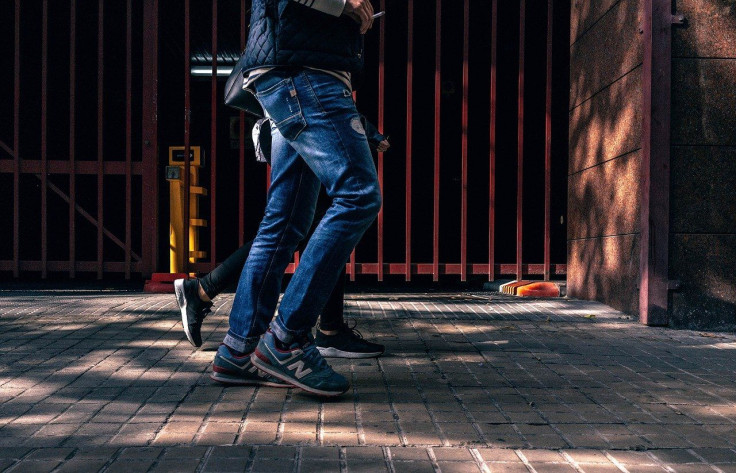Even Walking Can Be Affected By Sleep Deprivation: Study
KEY POINTS
- Sleep deprivation has various effects on people
- Researchers looked at its effect on gait control
- Those who slept less showed less gait control during a treadmill test
Sleep deprivation can even affect the way people walk, a new study has found. But don't worry! Catching up on lost sleep can help improve one's gait control.
We typically think of walking as an "entirely automatic process," the Massachusetts Institute of Technology (MIT) noted in a news release. More than a cognitive activity, it's often thought of as more of a "reflexive, spinal activity."
While animal experiments have implied that this is the case in quadrupeds, it's more of a "controversial" idea in humans, Hermano Krebs, the principal research scientist of a new study, published Tuesday in the journal Scientific Reports, said in the news release.
Sleep deprivation can have various effects on people. For instance, it can make someone moody and quick-tempered, have trouble concentrating or even increase blood pressure. For their study, the researchers looked at how sleep deprivation affects gait control.
They conducted an experiment with student volunteers from the University of São Paulo, Brazil. The participants were given a watch to track their activity for 14 days.
The students weren't instructed on how much they should sleep. Instead, they were instructed to simply follow their normal, daily routines for the two-week duration. This way, the researchers could really see their real sleep patterns. They observed that the students slept an average of six hours each night.
The students were then allocated to two groups randomly, with one of the groups tasked to stay awake at the sleep lab on the evening before the 14th day when they were all set to do the gait test. Researchers called this the Sleep Acute Deprivation (SAD) group. In the other group, researchers saw two different behaviors, with one sub-group compensating for lost sleep on the weekends and the other not doing so.
During the test, all the students had to walk on a treadmill along with the speed of a metronome, which the researchers adjusted without the students' knowledge. The researchers found that those who slept less had less control in their walking.
"They had to synchronize their heel strike to the beat, and we found the errors were larger in people with acute sleep deprivation," study lead author Arturo Forner-Cordero, of the University of São Paulo, said in the MIT news release. "They were off the rhythm, they missed beeps, and were performing in general, worse."
Those who pulled an all-nighter performed worse. Interestingly, those who compensated their sleep during the weekends performed better "even when they performed the test at the tail end of the week."
"Our results suggest that partial or total sleep deprivation leads to a decrease in the performance in the sensorimotor control of gait," the researchers wrote. "The superior performance of the chronic sleep group, when compared to the acute group, suggests that there is a compensatory mechanism that helps to improve motor performance."
This shows that gait is actually not an automatic process, but one that can be affected by sleep deprivation, Krebs said.
"They also suggest strategies for mitigating effects of sleep deprivation. Ideally, everyone should sleep eight hours a night," the researcher noted. "But if we can't, then we should compensate as much and as regularly as possible."

© Copyright IBTimes 2025. All rights reserved.






















